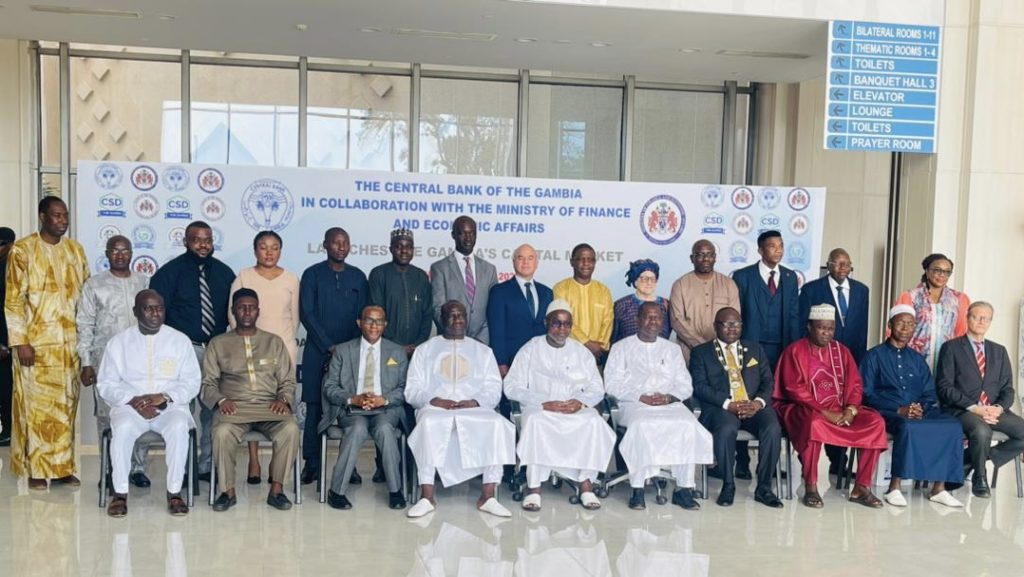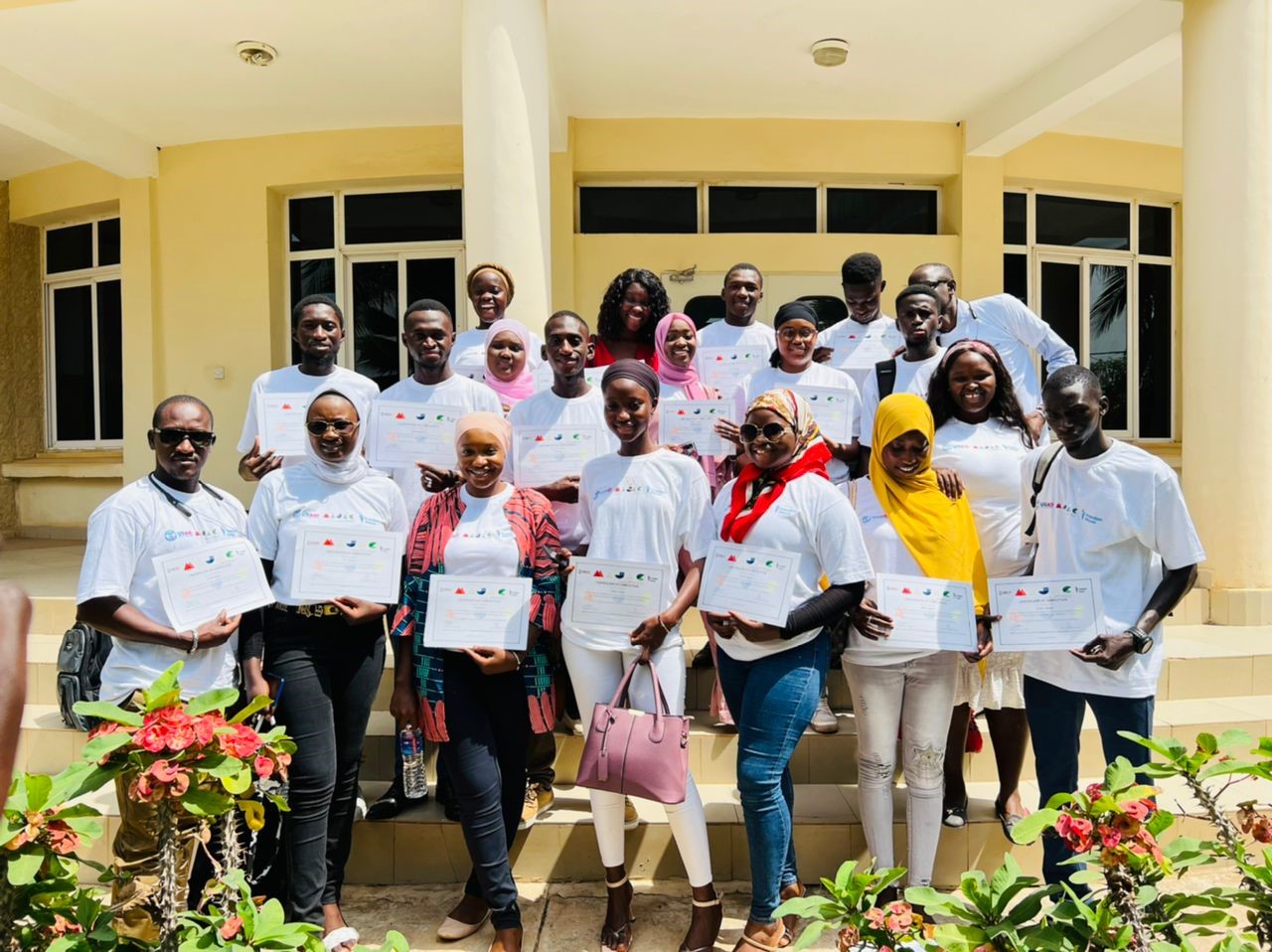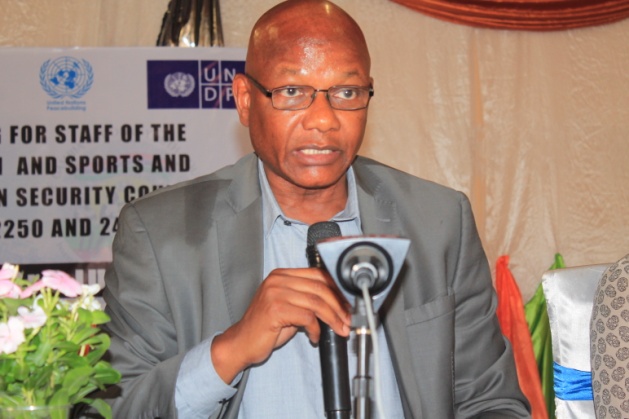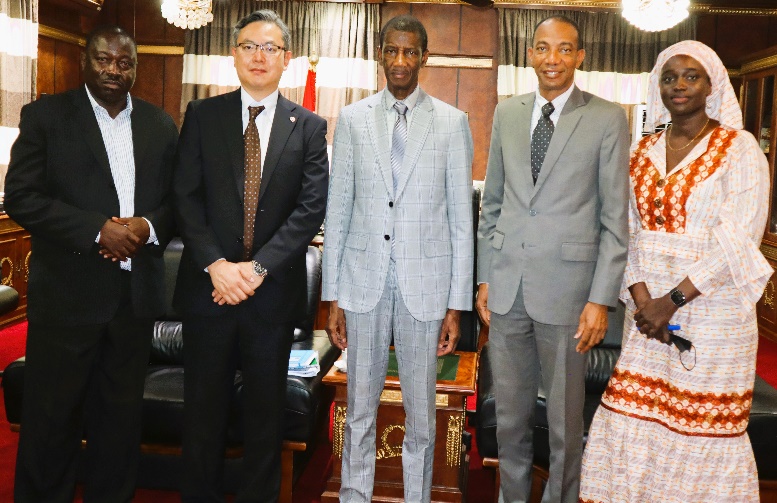The Minister of Finance and Economic Affairs, Seedy K.M Keita, has disclosed that the Gambia’s financial system has been unable to meet the country’s financial and economic needs for sustained economic growth, poverty reduction, and human and physical infrastructure development since independence.
Minister Keita made this disclosure on Friday during the launch of the first-ever capital market in The Gambia by the Central Bank of The Gambia (CBG) at Sir Dawda Kairaba JawaraInternational Conference Center in Bijilo.
The CBG spearheaded the establishment of the capital market in The Gambia following the passage of the Capital Market and Securities Act (2021) and the Central Bank’s appointment to establish and oversee the Securities and Exchange Commission (SEC) and the Gambian Stock Exchange.
The SEC will regulate the stock exchange, CBG officials said.
Minister Keita underlined that the first capital market of The Gambia will provide the ordinary Gambians and private sector opportunities for investments in securities such as stocks and bonds and to raise affordable capital to fund their investments and grow their businesses.
Gambia’s Vice President, Muhammed B.S. Jallow, stated that the Capital Market and Securities Act will be the primary regulatory framework for the capital market, ensuring fairness, dynamism, transparency, and efficiency.
He explained: “The Capital Market and Security Act will serve as the principal regulatory document for the capital and security markets to ensure a dynamic, fair, transparent, and efficient system that supports economic development. By the green recovery focus of the National Development Plan for 2023–2027 and the long-term development vision to 2050, it’s planned and expected that the capital market will be a vital pillar in providing required funding through its diverse product of forex and financing mechanisms.”
For his part, the Governor of the Central Bank of The Gambia, Mr. Buah Saidy, pointed out that the essence of the Capital Market is not only to facilitate the mobilization of long-term savings and investment but also to assist in price discovery in the case of credit instruments and enhance disclosure through perfect information flows between economic agents.
He stressed that capital markets contribute to the efficient allocation of resources by directing long-term investments toward sectors where they are most essential. Governor Saidyhighlighted that the development of the Capital Market fosters economic growth and serves as a substantial source of funding for the corporate sector, playing a pivotal role in overall economic advancement.





